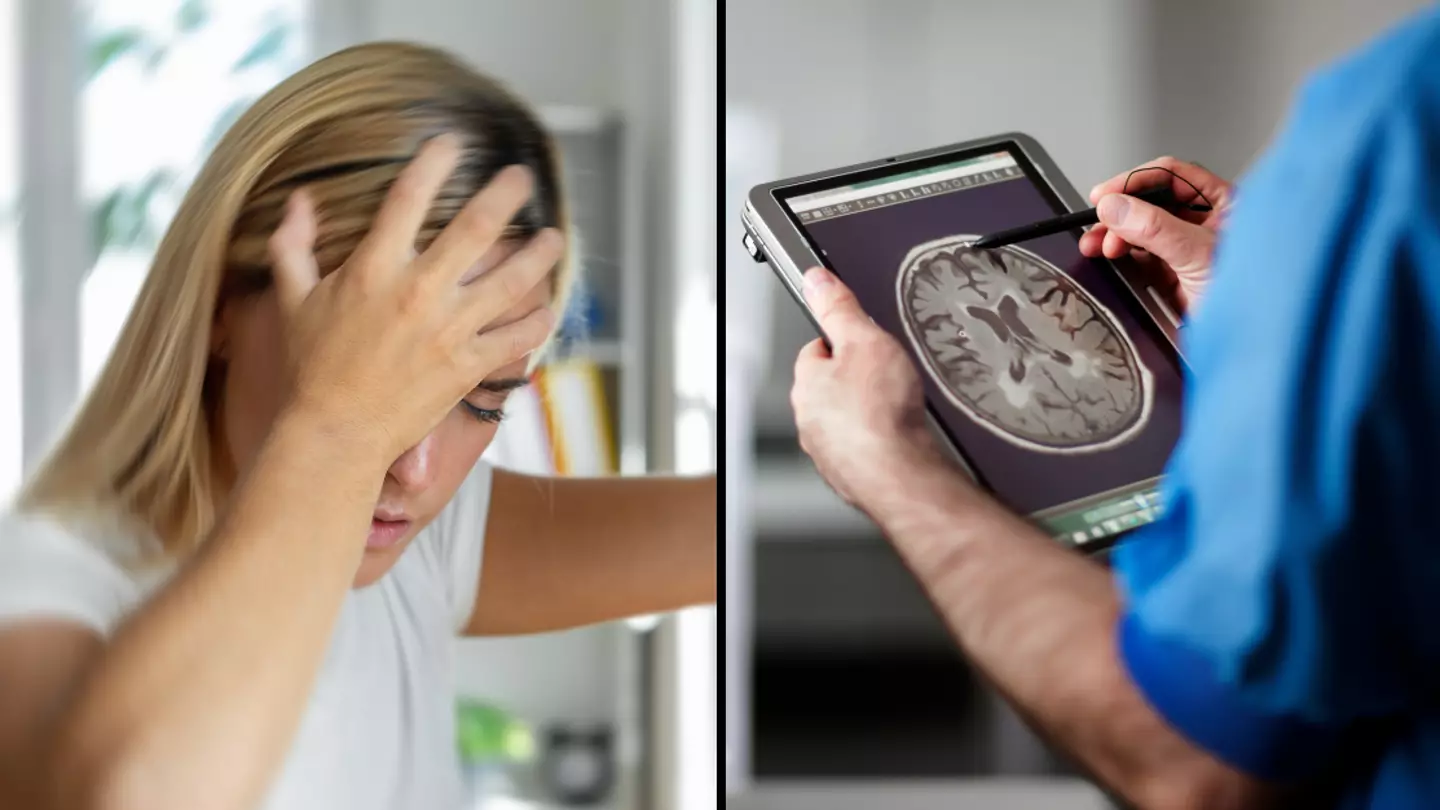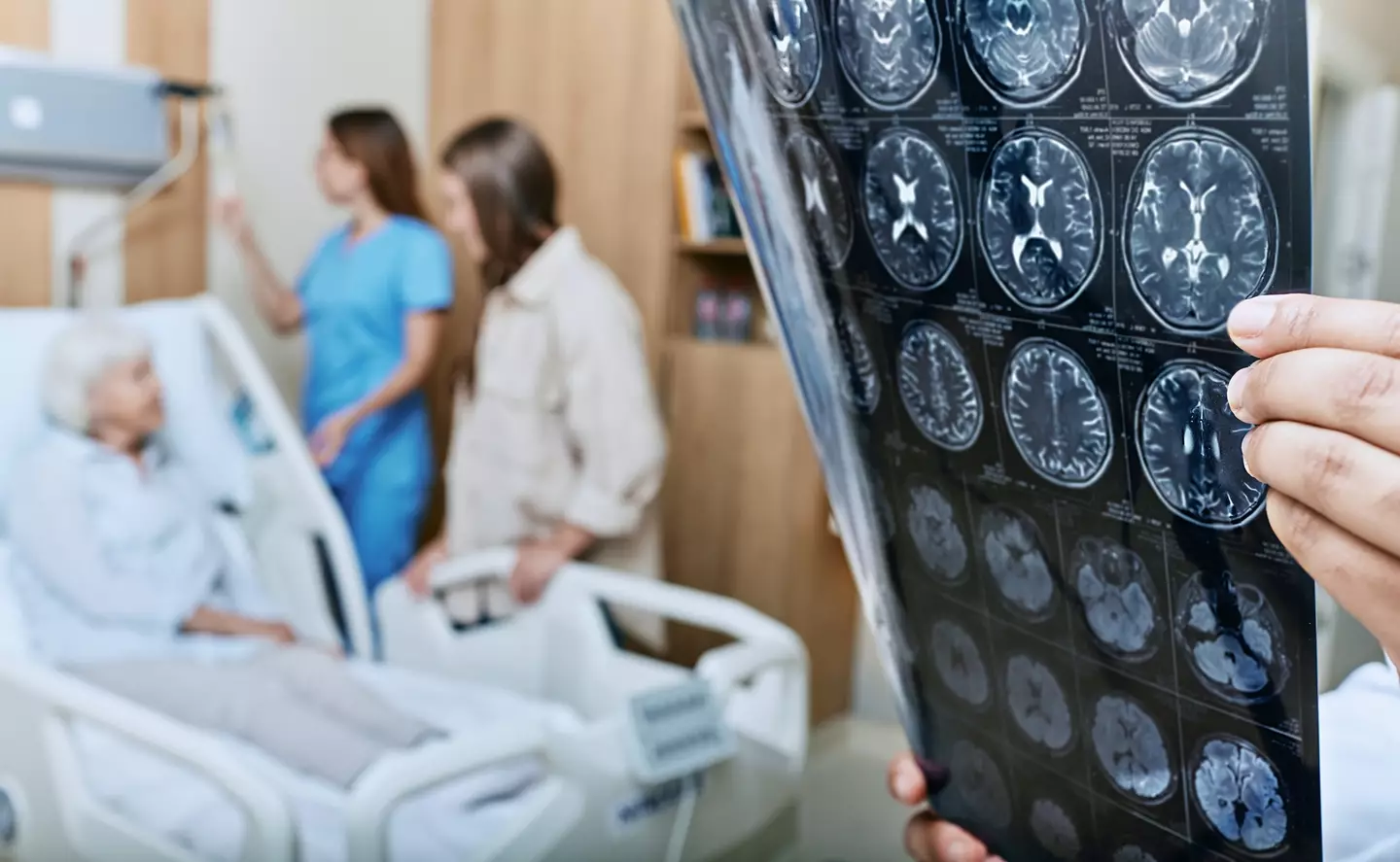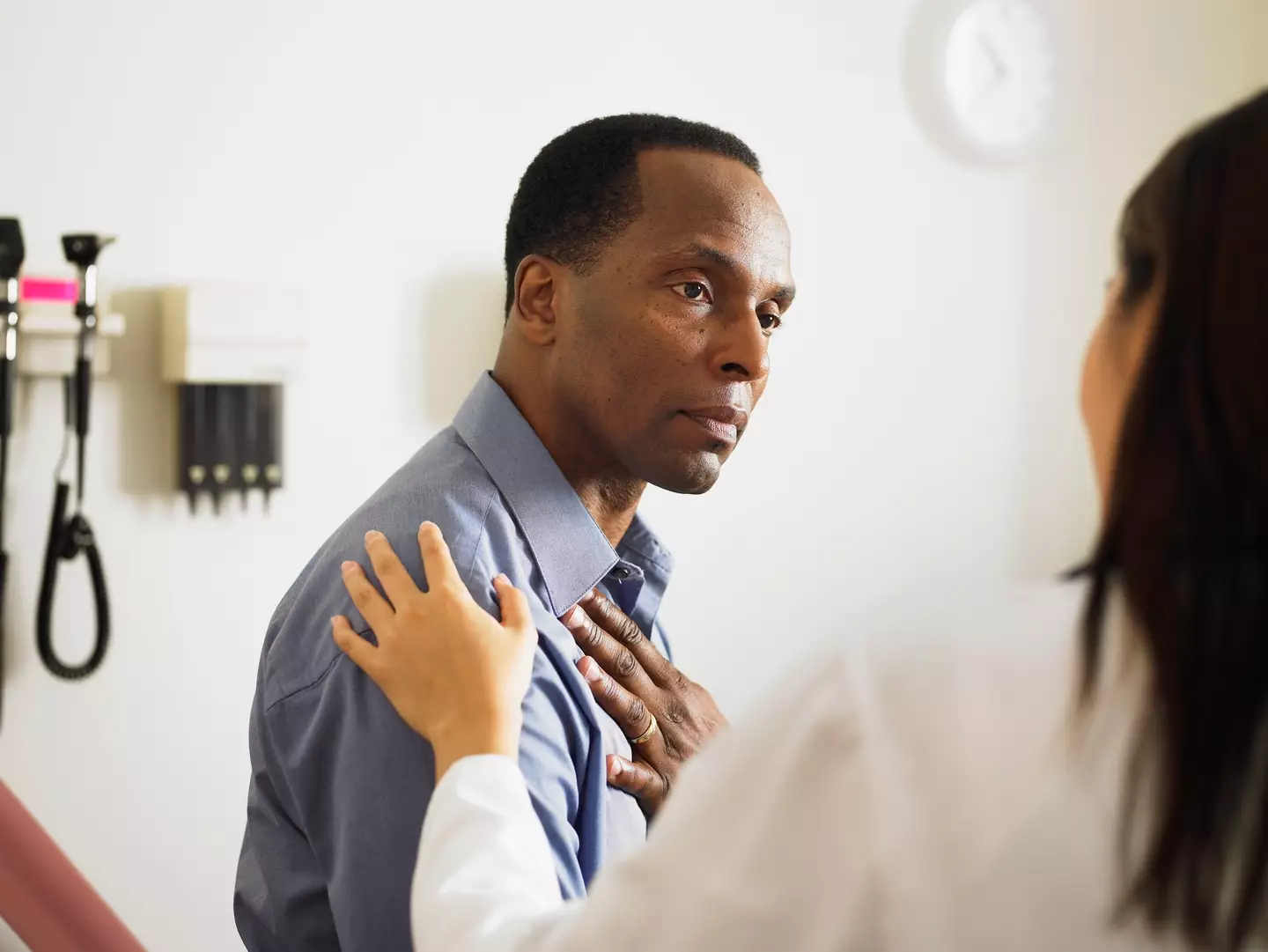
The NHS has launched a new 'act fast' campaign to warn Brits about a horrific medical condition that kills two million brain cells every minute.
It is the latest health advice from the UK health service this autumn, following a cases spike for a brutal winter illness as well as the resurgence of a Victorian disease that leaves you with 'tiny red dots' on your skin.
Away from warning us about diseases that are spreading, top officials in the NHS are this week (4 November) launching a new campaign to warn Brits about spotting the first symptoms of the catastrophic health condition that can kill parts of your brain within minutes.
We are talking about a stroke, which can affect anyone of any age, according to the Stroke Association charity.
Advert
Now, tens of thousands of people who have a stroke could be diagnosed and treated sooner after new data found that the average time between onset of first symptoms and a 999 call being made was nearly an hour and a half.
New NHS data shows that in 2023/24, the average time between first suffering symptoms of a stroke and calling 999 for 41,327 patients was 88 minutes. That means up to 1.76 billion brain cells could have been lost per person in that time frame, potentially causing untold damage.
England’s top doctor has now urged the public to call 999 even if the first sign of stroke doesn’t seem like an emergency, and said immediate action at the first sign of a stroke 'could help save and protect many more lives'.
It is after analysis showed that two thirds of respondents (64 percent) said they would not call 999 as their first course of action if they noticed someone was suddenly struggling to smile.

The NHS campaign launches with a brand new TV advert showing example symptoms; a man recognising his partner is struggling to smile while watching TV (face), a decorator suddenly unable to lift their paint roller (arm), and a grandmother struggling to read their grandchild a bedtime story (speech).
It will run across TV, TV on demand and radio in England until mid-December.
Dr David Hargroves, NHS national clinical director for stroke and consultant stroke physician, said: “When someone has a stroke, it’s estimated they may lose around two million brain cells a minute, which is why rapid diagnosis and treatment is critical.
"The first sign of a stroke might not seem like much, but face or arm or speech, at the first sign it’s time to call 999."

He added: “Thanks to greater awareness of the symptoms and advances in NHS care, more people are now surviving a stroke than ever before, but there is much more to do help save lives and reduce the long-term impact of strokes.
"Acting FAST remains vital – whether it is a friend, loved one or even a passer-by, dialling 999 quickly saves lives.”
Juliet Bouverie OBE, CEO of the Stroke Association, said: “Over 88,000 people survive a stroke every year in the UK, but surviving a stroke is just the start of a long and traumatic battle to finding their way back to life.
"Mums, dads, grandparents, young people, even children can be stroke survivors, and the impact of stroke on them and their loved ones can be catastrophic."

Bouverie added: “This new NHS campaign is so important to help raise awareness that stroke is always a medical emergency. If you spot any of the three common signs of a stroke in someone, the first thing you should do is call 999.
"The quicker many stroke treatments are given, the better.
"As we say, 'time is brain', so it’s important to recognise any of the signs of a stroke and act immediately. Acting FAST is vital for stroke survival and to help improve the journey to recovery.”